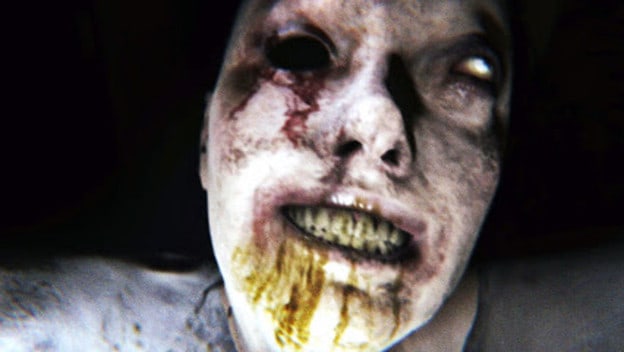With the announcement that the new Silent Hills may be released in an episode format, it seems as though episodic chapters are the newest craze in the video gaming world. Well, craze may not be the right word for it. It’s more like a necessity for some. But will it eventually be abused?
The guys at Telltale have frequently told us that making their games episodic helps them increase the production quality. They can change the way that episodes work based on the response that previous episodes got. This allows them to fine tune the gameplay experience episode by episode.
But aside from that, it also helps the development process. Creating episode games reduces the time constraints on the developing studio. It allows all development efforts to be focused toward individual chunks of the game at a time. Testing for each individual game piece is easier because there are fewer bugs to detect. Everything is simpler and slowed down.
It’s also simpler and slowed down for the gamer too. Episodic games don’t really take the place of whatever game you are playing at the time. Each episode can be completed in a day or two, allowing you to get back to whatever you were playing before. They are largely treated as “side games” which isn’t a bad thing. It actually helps gamers to multi-task.
For indie studios, this makes a ton of sense. With a small staff and low budget, episodic games are the way to go. The team can recoup some of their operating costs during development, Kickstarted games can be made piece by piece, and indie games can be introduced to an audience that has never heard of them before in order to get a small but strong following.
But what about AAA studios? We haven’t seen many AAA developers take on the episodic format yet. Usually, a game comes out and it’s complete, and then we get some DLC chapters afterward. The AAA game that came closest to being episodic was Assassin’s Creed , which put some of its DLC chapters frustratingly in the middle.
For Silent Hills it seems to make sense. Horror is a genre that loves to keep you on the edge of your seat. I can easily see a game like Silent Hill 2 split up after every major plot reveal. Survive the apartment building, get a story cutscene, wait for the next episode. This would make a lot of sense… at the right price point.
But that statement, “at the right price point” is where the key to all this lies. At five dollars an episode, The Walking Dead seems like an amazing deal. At 10 dollars… a little less so, and at 20 dollars it feels like a huge ripoff. Then there’s the question of play time. If each episode of Silent Hills is 2 hours long, you’d need 10 of them to get close to the run time of Silent Hill 2 , and it will be hard to keep a gamer’s interest for that long of a time, not to mention getting him to spend money 10 separate times on a game is a losing proposition.

And what about other genres? What about the shooter? What if Call of Duty only gave us a portion of their single player or multi player at release and then required us to buy more over the life of the game. Actually, that’s kind of already what is happening with DLC and map packs? What if Final Fantasy cut off in the middle of a boss fight? What if the very progress that you make in a game eventually becomes monetized.
Frankly… I don’t know, but it’s something to think about. Like anything else in the gaming industry, episodic gaming can be done well, and can seriously be abused. Silent Hills is, in a way, a grand experiment, showing us what the AAA sphere can do with the episodic formula. Will it be a great new rebirth for the series, or will we have created a monster. We shall have to wait and see.
